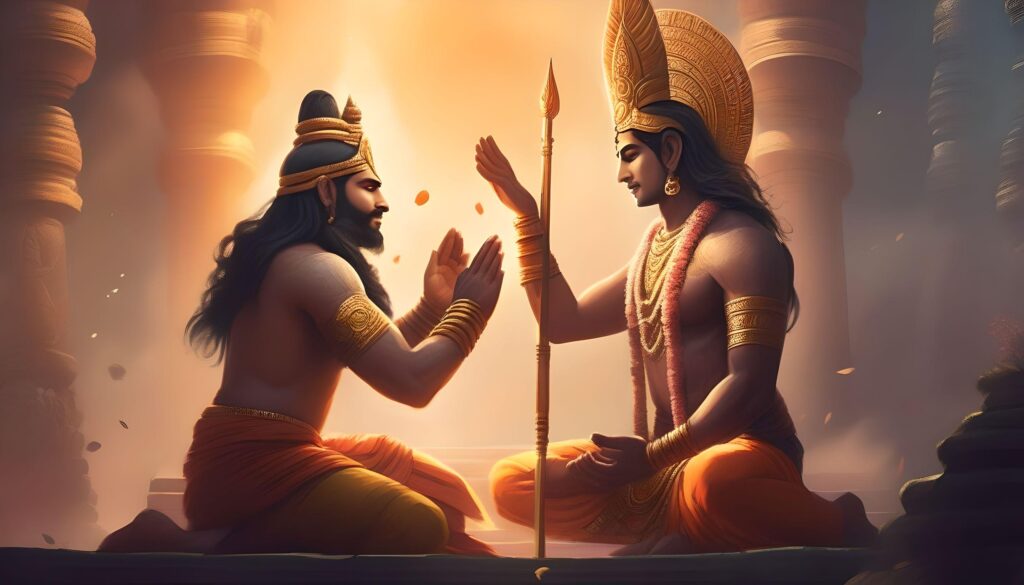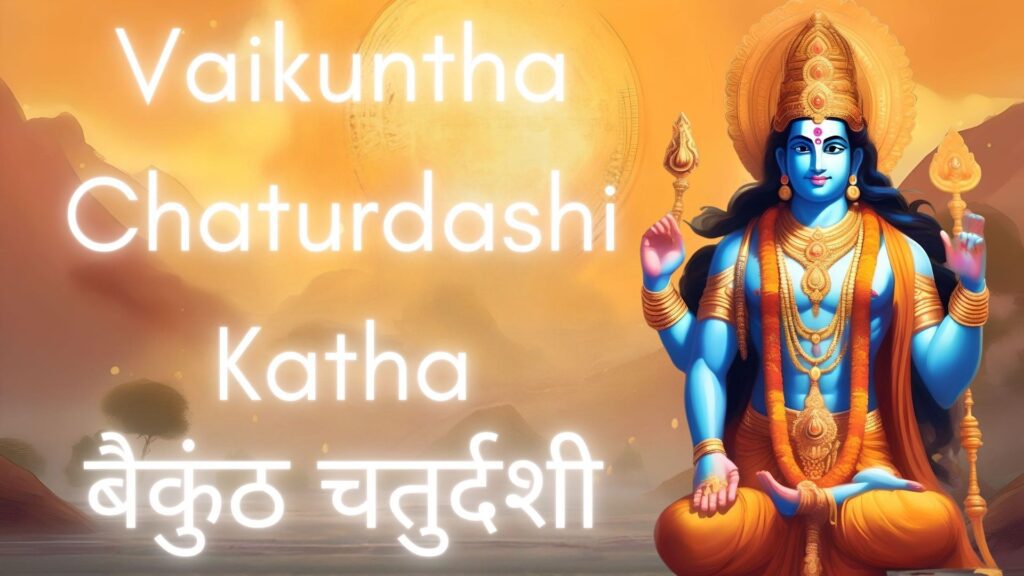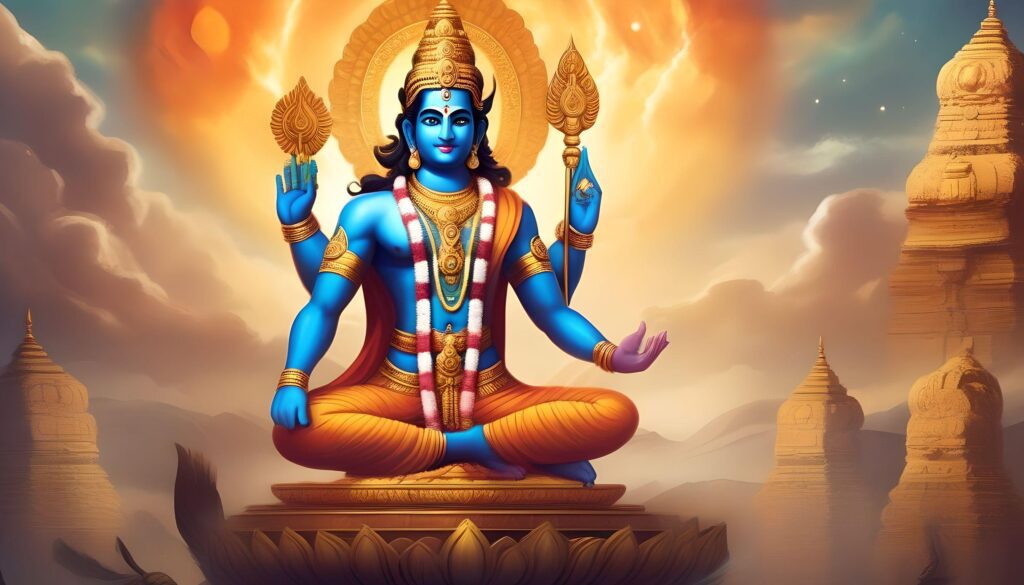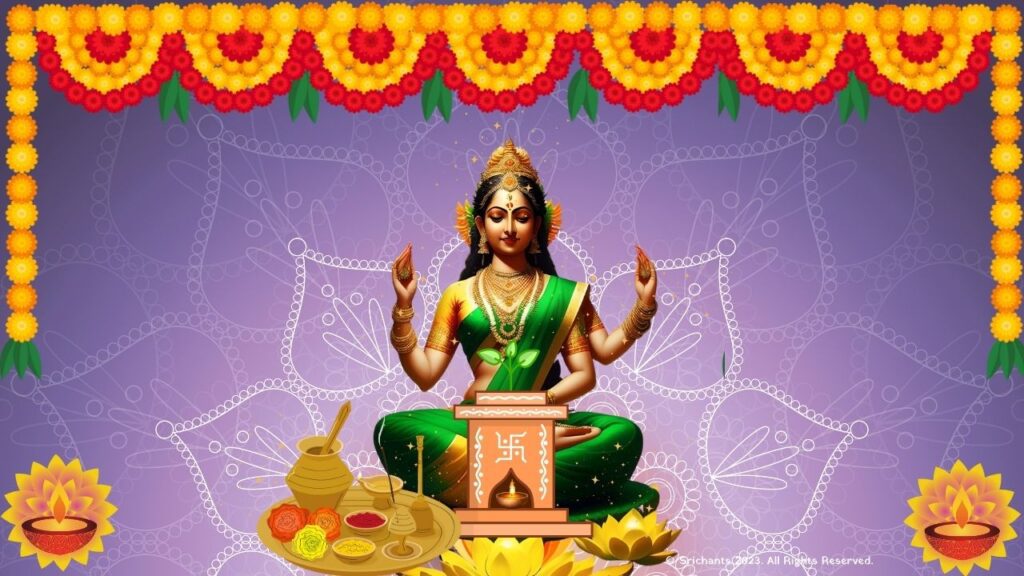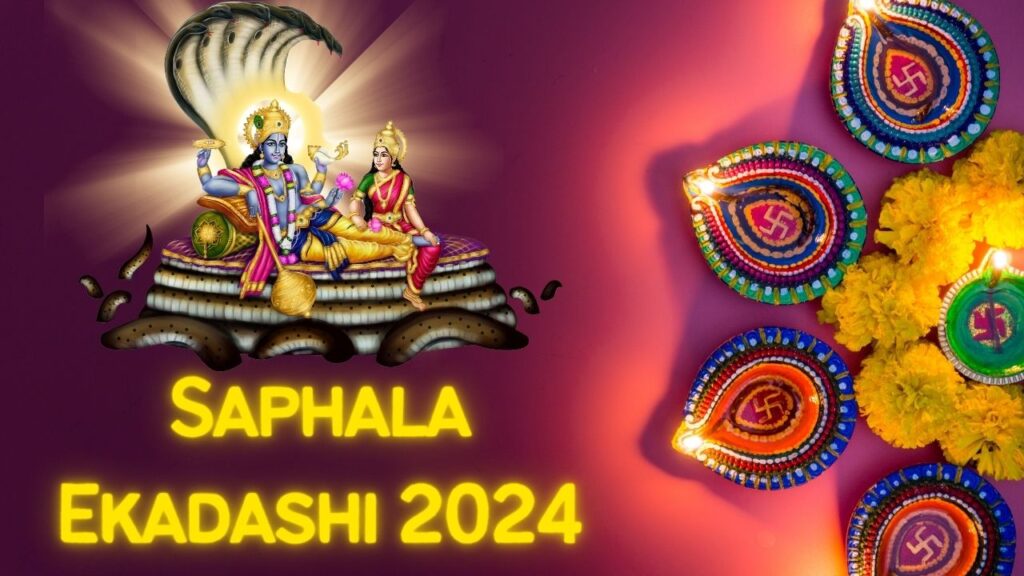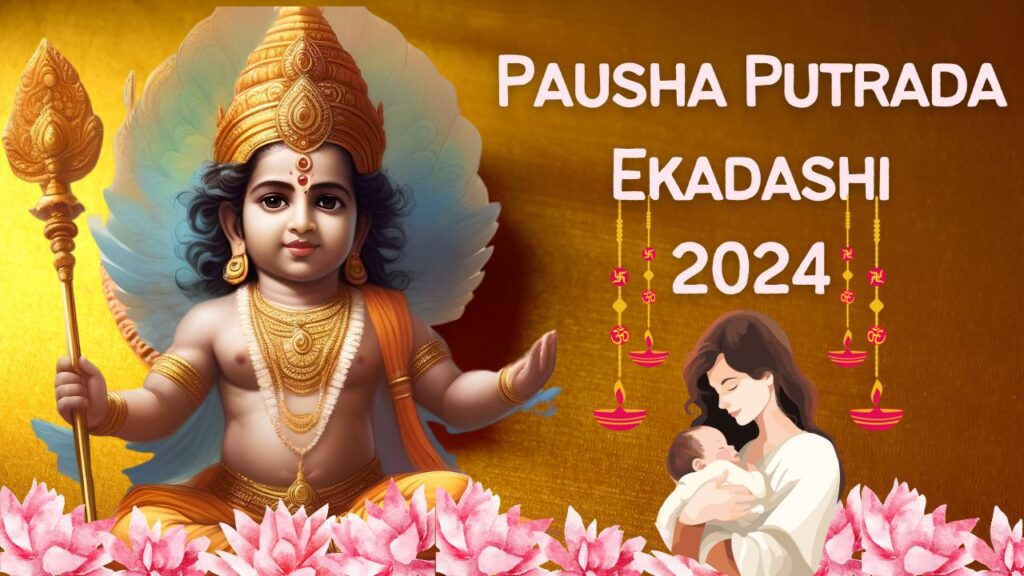Jaya Ekadashi: Fasting Remedy for past wrongdoings and mistakes
Jaya Ekadashi, a fasting ritual of great Hindu reverence, is observed on the eleventh day of the Shukla Paksha, which corresponds to the ascending phase of the moon, during the Magha month (February-March). This day is regarded as highly auspicious in Hindu scriptures and is thought to grant devotees divine blessings. This all-encompassing manual will examine the ceremonial observances, folklore, and advantages linked to Jaya Ekadashi, elucidating the traditions and methodologies adhered to by devotees of Lord Vishnu.
The Significance of Jaya Ekadashi
Jaya Ekadashi is observed with profound veneration and commitment by Hindus across the globe. Adhering to this vrat (fast) is thought to purge one’s transgressions and facilitate salvation. Observed in honor of Lord Vishnu, the universe’s preserver and sustainer, the fast is also linked to the benevolence of Lakshmi, the goddess of prosperity and fortune.
Legend of Jaya Ekadashi
The Padma Purana and Bhavishyottara Purana ascribe the importance of Jaya Ekadashi to the soul of Bhishma, a revered deity in Hindu mythology. On the same day as Jaya Ekadashi, Bhishma, a renowned warrior and devotee of Lord Vishnu, attained liberation and abandoned his mortal form. Bhishma recited the Sahasranama stotram or the Vishnu Sahasranaama stotram to the Pandavas in the presence of Lord Krishna prior to his departure. Lord Krishna subsequently elucidated to one of the Pandava brothers, Yudhisthira, the significance of Jaya Ekadashi.
An additional folktale linked to Jaya Ekadashi concerns the celestial dwelling of Indra, where Chitrasena, a musician, and Pushpavati, a performer, reside. Neglecting their responsibilities, the two became enamored, thereby inciting animosity among the other deities. As a consequence of their conduct, they were doomed by Indra to a rebirth as Pishachas, malevolent beings. Malyavan and Pushpavati endured abject poverty in their transformed selves until fortuitously behold the fasting of Jaya Ekadashi in the Himalayas. They were ultimately reunited with their original forms through a miraculous restoration at Indra Loka, the domain of Indra.
Rituals and Puja Vidhi
- Preparation: Devotees observe Jaya Ekadashi by bathing or diving in a sacred vessel in the wee hours of the morning in order to purify themselves.
- Altar Setup: An altar is adorned with flowers and a depiction or idol of Lord Vishnu is positioned atop it.
- Puja: In order to perform puja, devotees present Lord Vishnu with special Prasad, coconut, fruits, lamps, incense sticks, sandalwood paste, and sesame seeds.
- Chanting: On this day, the recitation of the sacred mantra “Om Namo Narayanaya” and the Vishnu Sahasranam is regarded as exceptionally auspicious.
- Fast Commencement: Following the morning puja, the Jaya Ekadashi fast commences and persists for the duration of the day and night. Food and beverages are abstained from by devotees during this time.
- Partial Fasting: Fruits and milk may be consumed during a partial fast under specific conditions, including pregnancy, age, or illness.
- Sleepless Night: Devotees abstain from sleep throughout the night, participating in devotional endeavors such as reciting prayers and devotional melodies in homage to Lord Vishnu.
- Dwadashi Puja and Parana: The fast concludes the following day, Dwadashi, following the reoccurrence of puja. By presenting Tulsi water during the Dwadashi puja, the fast is disrupted.
- Distribution of Prasad: After concluding these Ekadashi rituals, devotees present food to Brahmins and distribute Prasad.
Benefits of Observing Jaya Ekadashi Vrat
It is believed that by observing this Ekadashi vrat, devotees will receive numerous bounties and benefits. A few of the most significant advantages encompass:
- Cleansing of Sins: It is believed that the vrat cleanses the soul of transgressions and purifies the soul, resulting in spiritual elevation.
- Fulfillment of Desires: Devotees hold the belief that by observing this Ekadashi, their deepest desires and aspirations can be realized.
- Remedies from Sins: The vrat is regarded as a remediation for previous transgressions and errors, offering an opportunity for atonement.
- Divine Grace: Devotees earnestly observe this vrat in an effort to elicit the divine favor of Goddess Lakshmi and Lord Vishnu.
- Salvation or Moksha:It is believed that observing this Ekadashi vrat will eventually lead to spiritual liberation and salvation.
Conclusion
The Ekadashi is a day of great importance in Hindu customs, providing devotees with a chance to pursue divine favor and discover spiritual comfort. Through the diligent observance of the rituals and adherence to the puja vidhi, devotees have the opportunity to encounter the profound advantages that are linked to this revered fasting practice. We wish that all those who engage in the rituals of Jaya Ekadashi experience spiritual development, prosperity, and serenity.
#jayaekadashi #ekadashi #jayaekadashimahatva #fastiing #remedy #pastmistakes #significanceofjayaekadashi #legendofjayaekadashi #benifitsofjayaekadashi #ekadashi #एकादशी #जयाएकादशी #vrat #katha #mahatva #Puja
